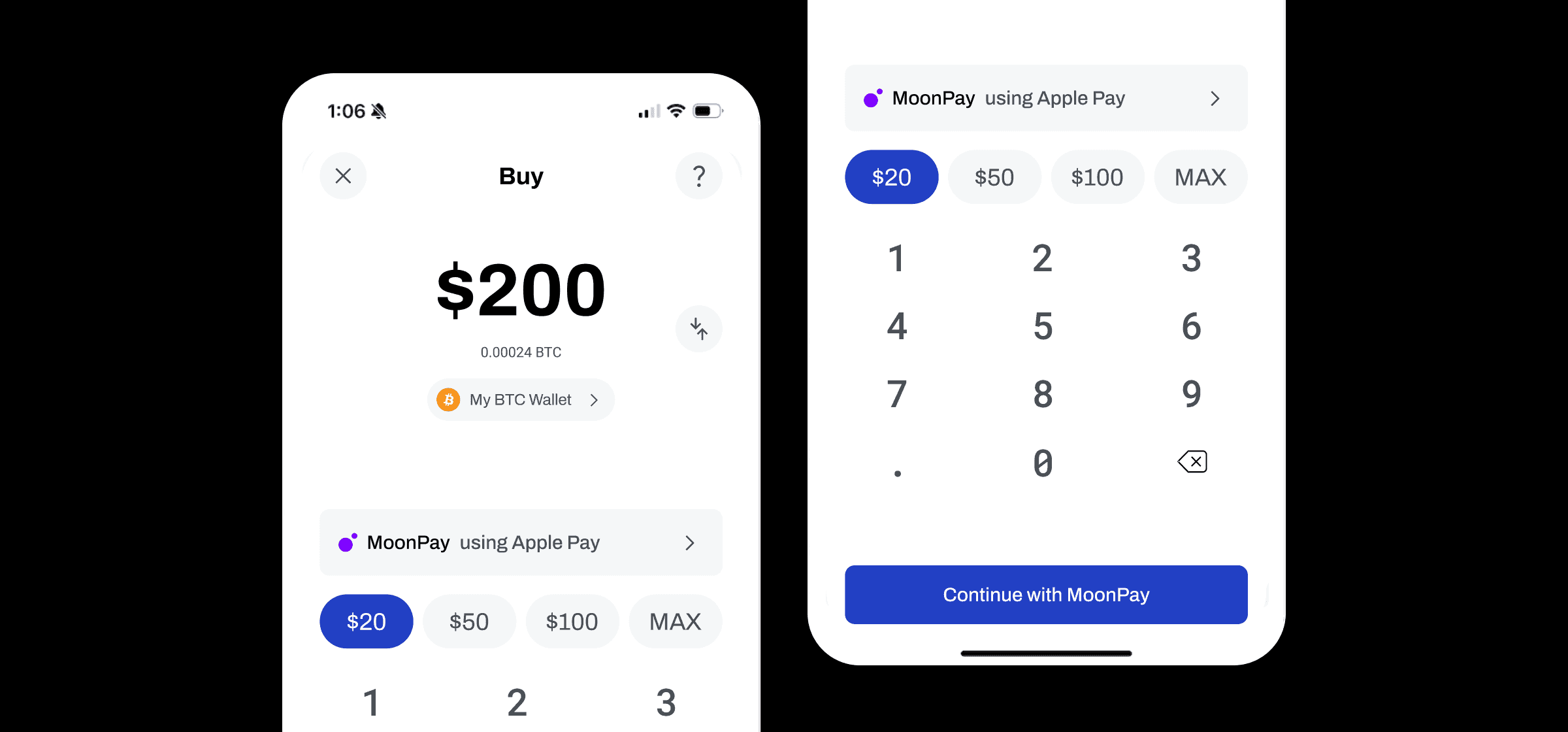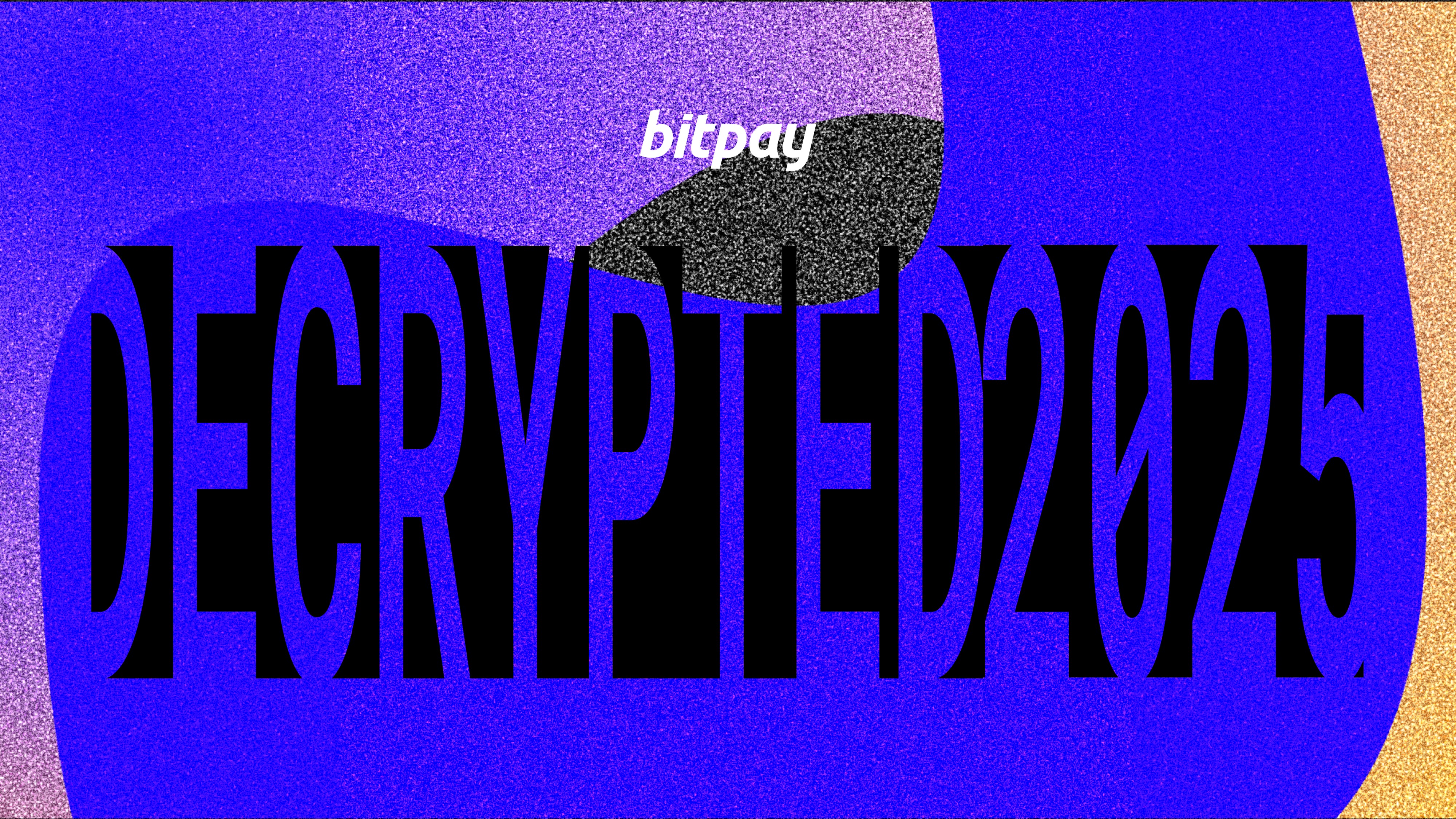May 20, 2025
🔐 Security Alert: Protect Yourself From Social Engineering Attacks
The Important Bits
Social engineering attacks rely on human error—and that’s why awareness is your best defense. By understanding how scammers operate and knowing how BitPay communicates, you can better protect yourself and your digital assets.
We want to make you aware of an increasing threat from a growing cybersecurity risk: social engineering attacks — a tactic used by cybercriminals to try and manipulate you into revealing confidential information or performing unauthorized actions, often by acting like support staff or customer service, or impersonating trusted sources like BitPay.
At BitPay, your security is our top priority. That’s why we’re sharing this guide to help you recognize and avoid social engineering attacks.
Your awareness is the first line of defense. Staying vigilant can help stop fraud before it starts.
What Is a Social Engineering Attack?
A social engineering attack is when a cybercriminal tries to trick you into revealing sensitive information or taking an action that compromises your security. These scams often involve impersonating trusted companies—like BitPay—through various communication channels, often including customer service or support channels.
Attackers may reach out to you via:
Email
Phone calls
Text messages
Social media
Their goal? To gain access to your personal data, account credentials, or funds.
How to Tell If It’s Really BitPay Contacting You
When it comes to cybersecurity, knowing what real communication from BitPay looks like can help you quickly identify threats. Here are some key signs:
✅ BitPay Will Never:
Ask for your account password
Ask for your 2FA (two-factor authentication) codes
Ask for your private keys, seed phrases, or recovery phrase
Provide support using any social media channel (i.e. Telegram, Facebook, TikTok, Reddit or X)
If you’re ever asked to share this kind of information, it’s a scam.
✅ BitPay Official Emails Only Come From:
@bitpay.com
@e.bitpay.com
@em.bitpay.com
Be on the lookout for lookalike domains, even a single letter off or misspelling could signal a phishing attempt.
✅ Real BitPay Messages:
Are clearly written and professional without any misspellings or typos
Do not use fear tactics or pressure to act immediately
Will never ask for urgent payment or “account verification” via unsolicited messages
Red Flags to Watch For
Not sure if a message is legitimate? Look out for these common warning signs:
🚩 A sense of urgency or threat (“Your account will be locked in 30 minutes!”)
🚩 Unexpected links or attachments
🚩 Requests for sensitive personal or financial information
🚩 Misspelled words, strange grammar, or formatting errors
What to Do If You Receive a Suspicious Message
If something feels off, trust your instincts. Here’s what to do:
Do NOT click on links or download attachments
Do NOT respond to the message
Contact BitPay directly:
Use BitBot at our official support page: https://support.bitpay.com
Or email us at support@bitpay.com
Stay Vigilant. Stay Safe. Stay Informed.
Social engineering attacks rely on human error—and that’s why awareness is your best defense. By understanding how scammers operate and knowing how BitPay communicates, you can better protect yourself and your digital assets.
We’re here to help. If you ever have questions about the authenticity of a message, don’t hesitate to reach out.
Note: All information herein is for educational purposes only, and shouldn't be interpreted as legal, tax, financial, investment or other advice. BitPay does not guarantee the accuracy, completeness, or usefulness of any information in this publication and we neither endorse, nor are we responsible for, the accuracy or reliability of any information submitted or published by third parties. Nothing contained herein shall constitute a solicitation, recommendation, endorsement or offer to invest, buy, or sell any coins, tokens or other crypto assets. BitPay is not liable for any errors, omissions or inaccuracies. For legal, tax, investment or financial guidance, a professional should be consulted.




